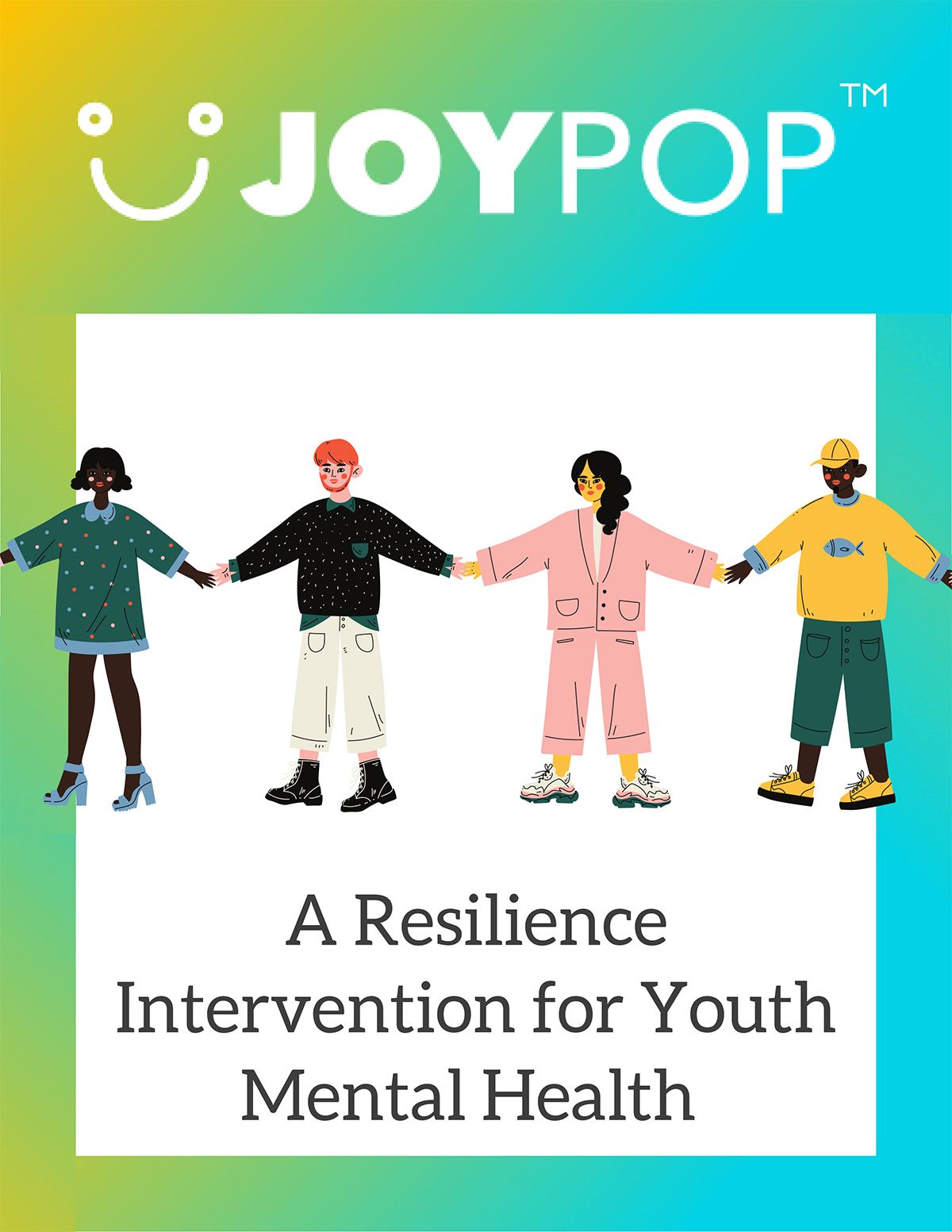Here, Andrea Boles at Algonquin College, and Dr Christine Wekerle at McMaster University explore the need for an evidence-based application on the resilience and positive-emotionality of youth
When it comes to youth mental health, there is an immense variety of issues that adolescents face. Adverse Childhood Experiences (ACEs) are tragically crucial in shaping how a young person grows up – whether their mental, physical and future health is impacted. ACEs can look like anything from sexual assault by a trusted partner to water insecurity for Indigenous adolescents. Interventions after the adverse experience are so essential, and can change the game for an individual adolescent.
The nature of interventions in the lives of adolescents has always been offline – asides in the classroom, visits from social workers, or in-person therapy. With the advantages of technology access, Andrea Boles and Dr Christine Wekerle have new, evidence-based ideas for how to help.
Here, they discuss JoyPop™, an app they are developing to make meaningful interventions and support young people. Through the course of their research, they have spoken to adolescents from Indigenous communities, those transitioning to their first year of University, youth engaged in other trauma treatments, youth involved with the child welfare system, and those who are currently using mental health or addiction services. This app has then been designed with youth opinions in mind, as their raw input is more valuable and crucial to the success of this intervention than anything else.
The JoyPop™ app is not intended to be a once in a while, after something really bad happens intervention. The team at McMaster University have designed it to act as a daily support system, which can make significant difference in how an adolescent experiences their day.
This work is supported by a Canadian Institutes of Health Research (CIHR) Team Sexual Violence Grant, to promote resilience in male youth with sexual violence experience. Indigenous work is supported by a CIHR Indigenous Gender and Wellness grant.
To learn about the youth engagement research or how to precision target a mental health issue and get to work solving it, then read more here.


